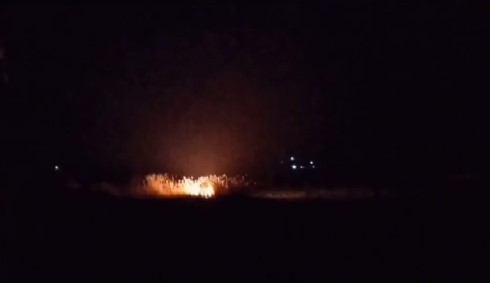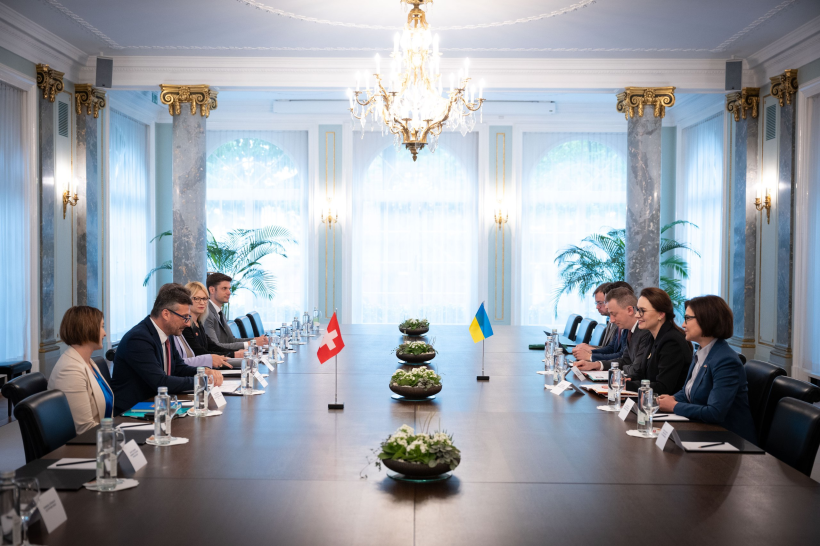According to Denmark’s military intelligence service (FE), Moscow is behind the spread of false claims alleging that Danish authorities have supposedly sought assistance from Russia due to threats from the United States, as reported by Euronews.
The campaign was triggered by rhetoric from former U.S. President Donald Trump, who earlier this year once again spoke of the possible annexation of Greenland, calling on Denmark to cede the territory “to protect the free world” and threatening economic sanctions if it refused. These statements caused tension between Washington and Copenhagen and cast doubt on the stability of the NATO alliance.
Amid these developments, fake social media posts began circulating, allegedly on behalf of left-wing Danish MP Karsten Hønge. One fabricated post claimed that he had called for reaching out to Russia for support to prevent the U.S. from taking over Greenland. It suggested that under extreme pressure, Denmark was being forced to seek help from Moscow, as Greenland’s possible accession to the U.S. would supposedly harm both Russia and Denmark. Hønge firmly denied the statements, calling them fake.
According to Danish intelligence, the dissemination of these materials began with an account belonging to an influential figure previously known for promoting pro-Russian narratives in the context of the war in Ukraine. In collaboration with the French agency Viginum, experts identified the individual as a well-known actor involved in a Kremlin-backed information operation.
_1746517341.jpg/ACD8CPSaJX1DD031Vlb6R2FiIPtxdLrY6X4XHNPS.jpg)
FE stated that the campaign is part of a broader Russian strategy aimed at destabilizing transatlantic relations and weakening Western support for Ukraine. It also noted that the disinformation was aimed at interfering in Greenland’s internal affairs, including attempts to influence the outcome of the general elections held in March.
Greenland-based non-profits warn that the island is becoming increasingly vulnerable to hybrid threats amid worsening global geopolitical conditions. In December 2024, a study found signs of activity by hostile foreign actors on Greenlandic Facebook forums. The development of technologies such as artificial intelligence has enabled the creation of convincing content in the Greenlandic language, making fake news more difficult to detect.
Experts emphasize that the limited nature of Greenland’s media landscape makes the territory particularly vulnerable. According to researcher Signe Ravn-Høegård from the University of Greenland, local newsrooms operate with minimal resources and lack the capacity to conduct large-scale investigative journalism or fact-checking, unlike major media outlets in other countries.
Against this backdrop, Greenland risks becoming a new battleground in Russia’s information war, which, according to European analysts, is used as a tool of both political and financial influence. One of the channels used for this pressure is reportedly Hungary, which is increasingly seen as a key Kremlin ally within the European Union.





















